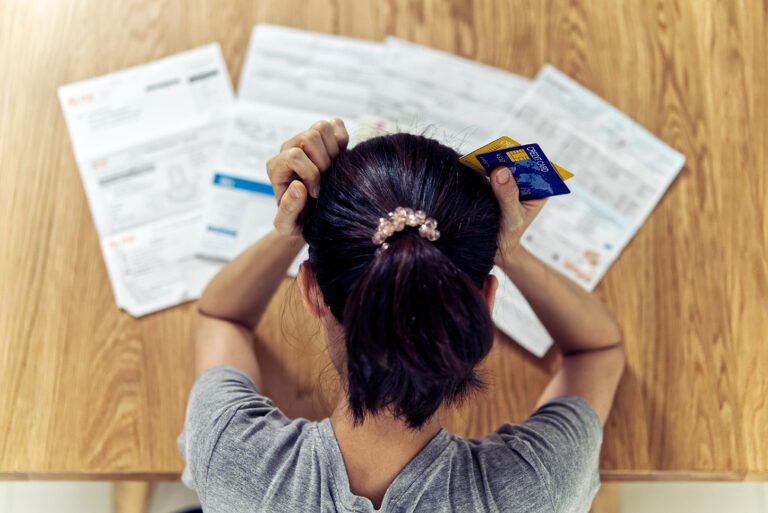Frequently Asked Questions
There is no minimum amount of debt you must have in order to file for bankruptcy relief. While the amount of your debt is an important factor to consider, there are other more important factors to take into account in determining if a bankruptcy filing is in your best interest. These include: whether you can afford to pay back your debts, whether you can reach a resolution with your creditors outside of bankruptcy, the types of debt you have, and your specific circumstances.
As long as you are 18 years old, you are legally eligible to use bankruptcy to help ease your financial burdens. In some cases people younger than 18 years old can file with court approval.
Individuals can file bankruptcy without an attorney, which is called filing pro se. However, seeking the advice of a qualified attorney is strongly recommended because bankruptcy has long-term financial and legal outcomes.
The following is a list of ways your lawyer can help you with your case:
- Advise you on whether to file a bankruptcy petition.
- Advise you under which chapter to file.
- Advise you on whether your debts can be discharged.
- Advise you on whether or not you will be able to keep your home, car, or other property after you file.
- Advise you of the tax consequences of filing.
- Advise you on whether you should continue to pay creditors.
- Explain bankruptcy law and procedures to you.
- Help you complete and file forms.
- Assist you with most aspects of your bankruptcy case.
- Most people prefer Chapter 7 bankruptcy because, unlike Chapter 13 bankruptcy, it doesn’t require you to repay a portion of your debt to creditors. In Chapter 13 bankruptcy, you must pay all of your disposable income—the amount remaining after allowed monthly expenses—to your creditors for three to five years. To determine your disposable income, you’ll complete one of two forms, depending on the chapter you intend to file (each chapter allows for similar deductions).
- In a Chapter 7 case, you’ll complete the Chapter 7 Means Test Calculation form. You’ll deduct allowed expenses to find your disposable monthly income. Next, you’ll multiply that amount by 60 months. If the figure exceeds the maximum amount currently allowed (which will be listed on the form), you won’t qualify for a discharge. Additionally, you might not qualify if your disposable income is sufficient to pay 25% or more of your unsecured, nonpriority debt (such as credit card balances, medical bills, and personal loans).
- In a Chapter 13 matter, you’ll fill out the Chapter 13 Calculation of Your Disposable Income form. The amount that remains after deducting expenses is your monthly disposable income. You’ll pay that number to your unsecured, non priority creditors each month over the course of your three- to five-year repayment plan.
- Chapter 13 bankruptcy is a good option for people who have a regular income to pay into a repayment plan, and who would otherwise lose their house to foreclosure or who need time to pay back tax or support arrearages.
Bankruptcy is a legal process overseen by federal bankruptcy courts. It’s designed to help individuals and businesses eliminate all or part of their debt or to help them repay a portion of what they owe.
In bankruptcy, you’ll protect property you need to work and live with bankruptcy exemptions. Nonexempt property—usually luxury items—is either lost in Chapter 7 or kept and paid for through the Chapter 13 repayment plan. You won’t lose all of your property when you file for bankruptcy.
Filing bankruptcy can be a fresh start if you are facing serious debt problems, but there are some debts that bankruptcy will not wipe out. It does not wipe out all of your obligations including:
- Your most recent back taxes. However, some federal, state, and local taxes may be eligible for discharge if they date back several years.
- Most student loans
- Alimony and child support
- Fines owed to government agencies
When you file your bankruptcy, your creditors are required by federal law to stop contacting you and stop harassing you. Something called an automatic stay takes effect the moment your bankruptcy is filed, and it does prevent your creditors from contacting you in any way in an attempt to collect the debts.
Bankruptcy law serves three basic purposes:
- To solve a collective action problem among creditors in dealing with an insolvent debtor.
- To provide a “fresh start” to individual debtors overburdened by debt.
- To save and preserve the going-concern value of firms in financial distress by reorganizing rather than liquidating.

